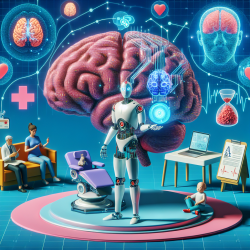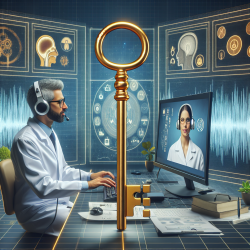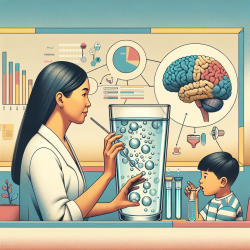The landscape of mental health treatment is undergoing a significant transformation, driven by the integration of machine learning (ML) and artificial intelligence (AI) technologies. These advancements are paving the way for precision psychiatry—a field that promises to deliver more personalized and effective treatments for mental disorders. The research article "Modern views of machine learning for precision psychiatry" provides a comprehensive overview of how these technologies are being applied to revolutionize mental health care.
The Role of Machine Learning in Precision Psychiatry
Machine learning has emerged as a powerful tool in the realm of psychiatry, offering new methods to analyze complex neural and behavioral data. This capability allows for the development of precise and personalized prognoses and diagnoses that were previously unattainable. By combining ML with neuromodulation technologies, practitioners can now explore explainable solutions in clinical practice, enhancing therapeutic treatments.
Key Applications and Benefits
- Diagnosis and Prognosis: ML algorithms can identify patterns in neuroimaging data that correlate with specific mental health disorders, allowing for earlier diagnosis and more accurate prognosis.
- Treatment Personalization: By analyzing individual patient data, ML can help tailor treatments to the unique needs of each patient, improving outcomes and reducing side effects.
- Digital Phenotyping: Advanced wearable and mobile technologies enable continuous monitoring of patients' mental health states, providing real-time data that can inform treatment decisions.
- Molecular Phenotyping: ML aids in identifying biomarkers at the molecular level, which can lead to breakthroughs in understanding the biological underpinnings of mental disorders.
Challenges and Opportunities
While the potential of ML in psychiatry is vast, several challenges remain. These include ensuring data quality, addressing privacy concerns, and overcoming algorithmic biases. However, the opportunities for innovation are equally significant. By fostering collaborations between clinicians and data scientists, the field can develop robust models that enhance understanding and treatment of mental illnesses.
Encouraging Further Research
The integration of ML into psychiatry is still in its early stages, and ongoing research is crucial to fully realize its potential. Practitioners are encouraged to engage with emerging technologies through continuous education and collaboration with researchers. This engagement will not only enhance their practice but also contribute to the broader goal of advancing mental health care.
To read the original research paper, please follow this link: Modern views of machine learning for precision psychiatry.










